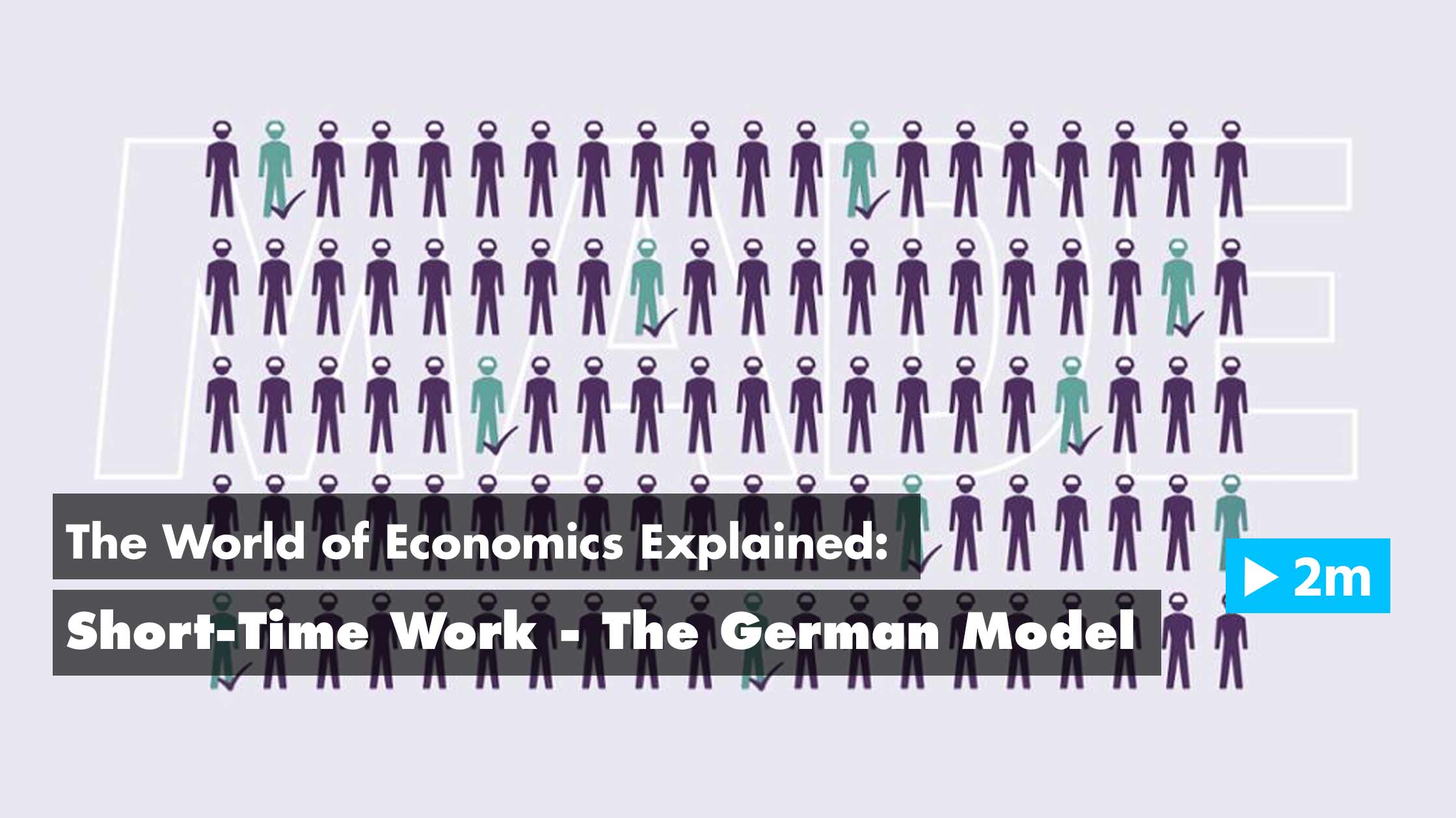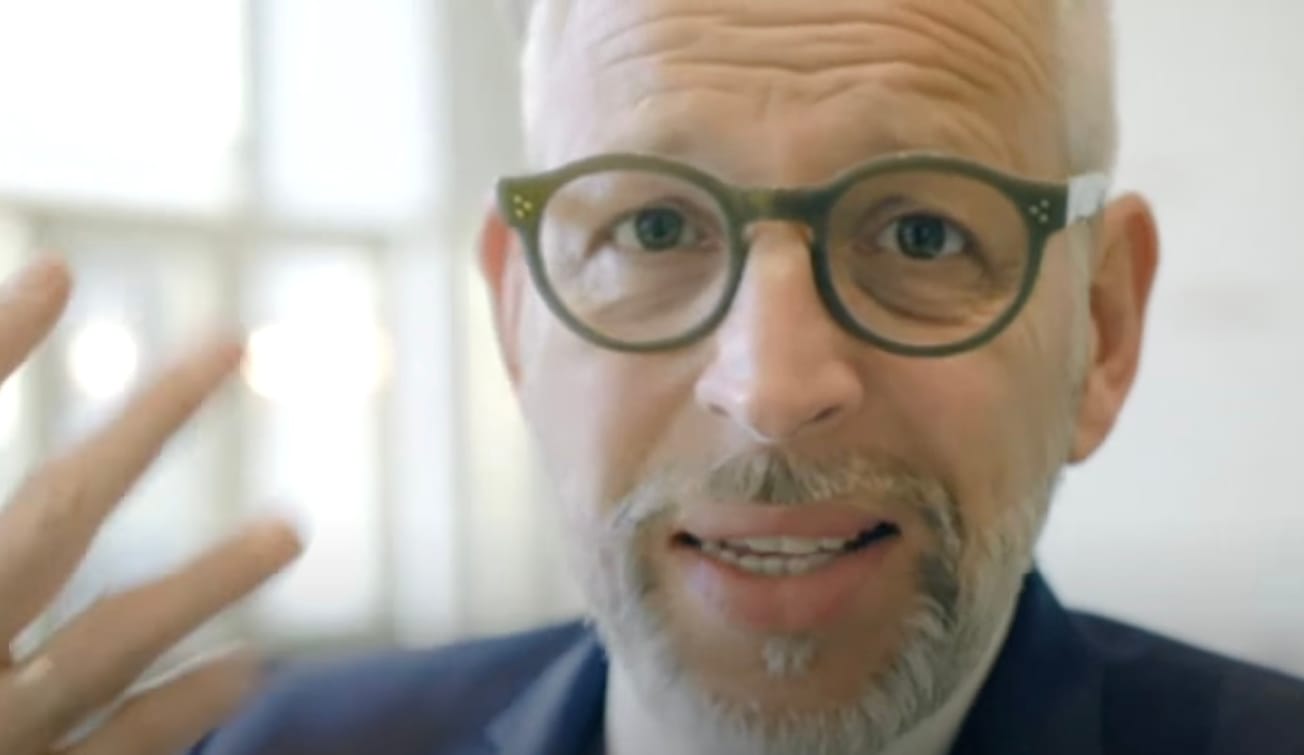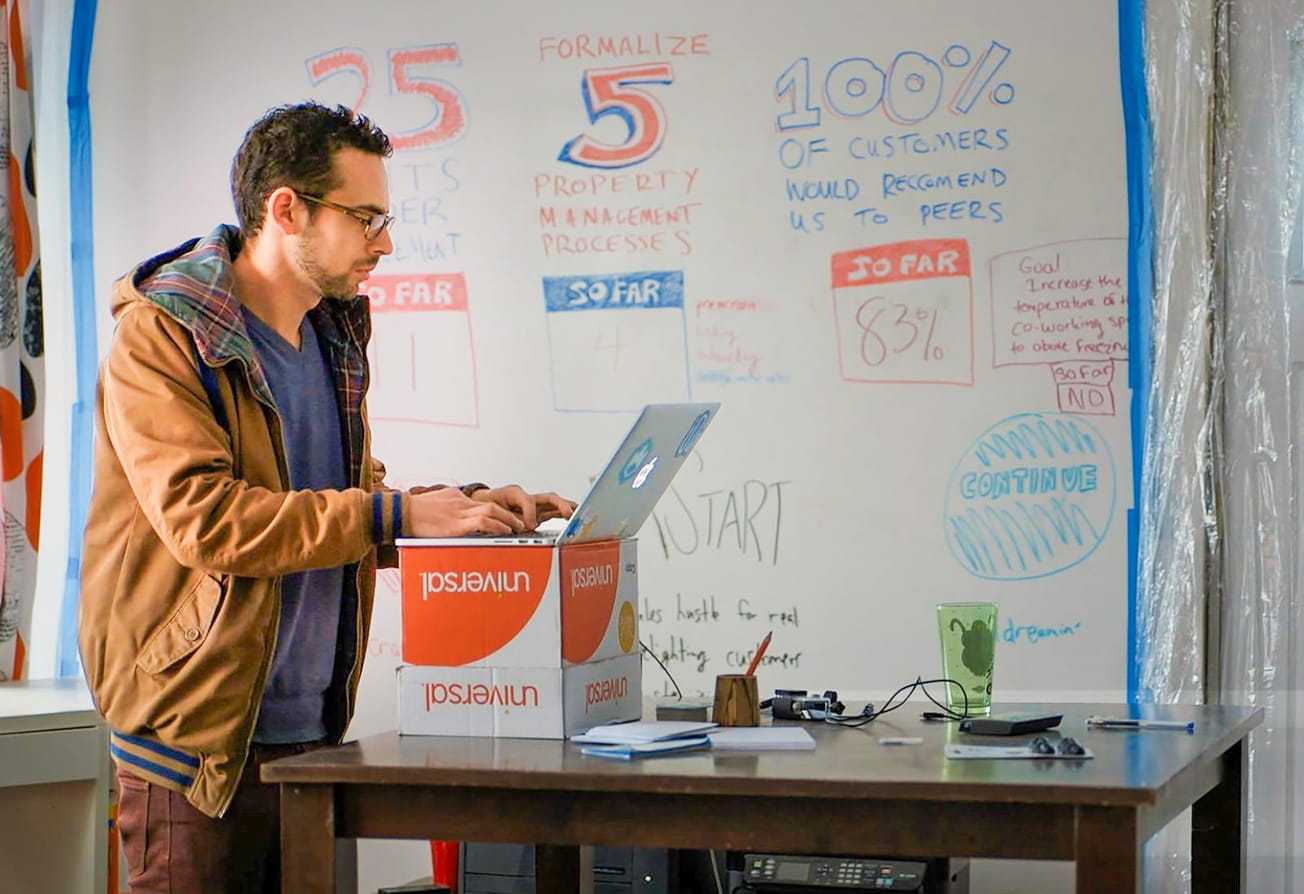Discover how Germany tackles economic challenges head-on in a short film by Deutsche Welle (DW) from 2020, titled "The German Model: Short-Time Work - A Closer Look." Follow Susanne Schmidt, an employee at a German chemicals firm, as she navigates the twists and turns of the pandemic and sheds light on Germany's innovative short-time work scheme.
A Game-Changer: Balancing Work, Pay, and Security
Amidst the pandemic, Susanne's work schedule was reduced to just 2 days a week. Thanks to the short-time work scheme, she is paid for those days while receiving partial unemployment benefits to cover the remaining 3 days. This cost-effective model helps employees keep their jobs and ensures they receive a significant portion of their usual salary.
The Domino Effect: Nationwide Adoption and Impact
"The World of Economics Explained" reveals that during the pandemic, about 33% of Germany's workforce relied on the short-time work scheme in April, marking a historical high. This successful approach has inspired other countries to adopt similar models, safeguarding jobs and buffering the impact of economic downturns.
Supporting a Lifeline: Government Assistance and Fiscal Considerations
The short-time work scheme came with a hefty price tag of around €34 billion. Despite concerns about national debt, the German government recognized the importance of providing a safety net for its workforce. However, a thoughtful discussion around the sustainability and fiscal limits of such support now looms.
Eligibility and Coverage: Who Qualifies and What's Included?
All companies, regardless of size, were able to apply for the scheme if at least 10% of their workforce experienced a 10% reduction in work. Under this system, employees continued to receive a portion of their income, with the government covering health insurance and pension fund contributions during reduced work hours.
An In-Depth Exploration: The Short-Time Work Scheme
DW's short film deep dives into Germany's method of combating unemployment during economic crises. With a blend of government intervention and corporate responsibility, this model ensures economic stability even in challenging times. Susanne's personal journey brings the intricacies of the short-time work scheme to life, offering valuable lessons for other nations grappling with their own economic crises.
A Shining Example: Germany's Blueprint for Economic Resilience
The story is not just a reflection of Germany's success; it provides hope for other nations facing economic challenges. As the world continues to recover from the pandemic's aftershocks, this journey offers valuable insights into a model worth evaluating.
Key Questions Raised by the story:
- What makes Germany's short-time work scheme successful?
- How has the scheme impacted workers like Susanne Schmidt?
- Can this model be effectively implemented in other countries?
- What are the economic implications of the government's willingness to go into debt?
Links for Further Exploration:
To help you place this story, we share some analogies:


- If this story was a famous book, it would be "The Shock Doctrine" by Naomi Klein for its exploration of economic crises and government responses.
- If this story was a famous celebrity, it would be Angela Merkel, known for her steady and pragmatic leadership during crises.
For more thought-provoking narratives on global economic models and their impact, visit iWonder. Stay tuned for captivating stories that shape the future of economies worldwide.







